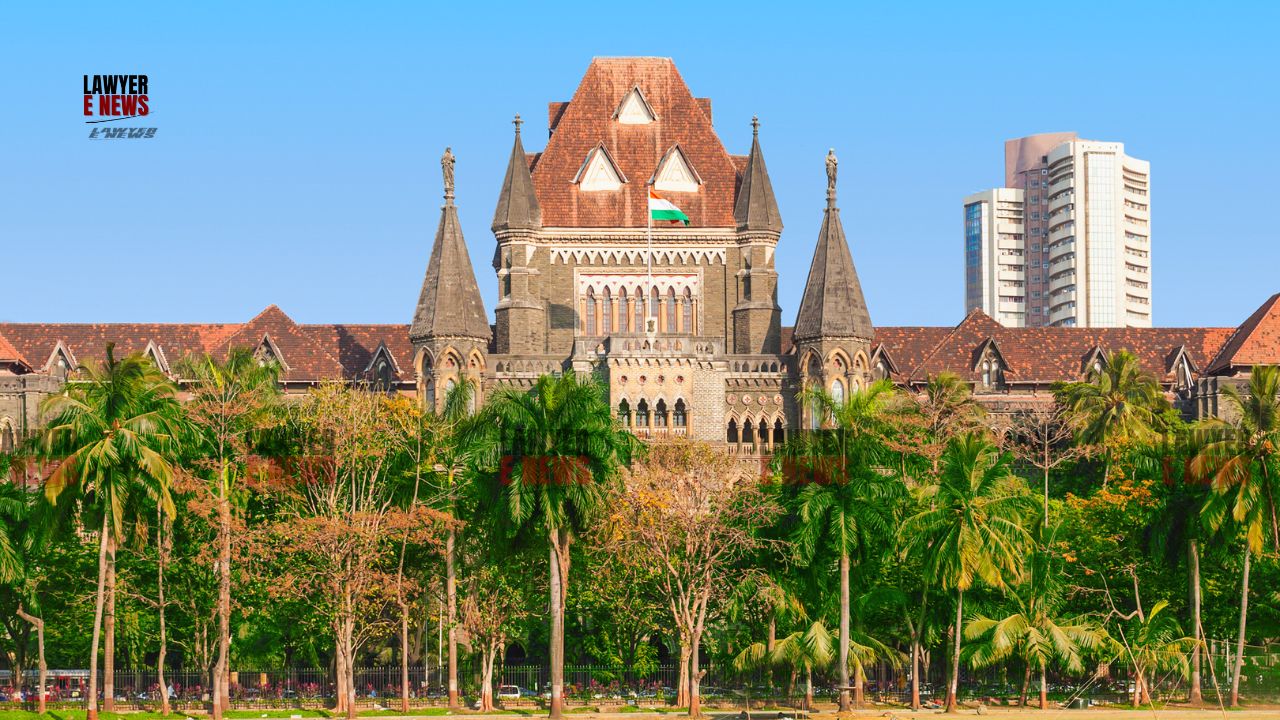-
by Admin
15 February 2026 5:01 PM



Aurangabad Bench applies Probation of Offenders Act, highlighting the importance of rehabilitating young offenders without prior criminal records. The High Court of Judicature at Bombay, Aurangabad Bench, has granted probation to Akshay Khandve, a young man convicted under Section 304-A of the Indian Penal Code for causing death by rash and negligent driving. The court's decision, delivered by Justice S.G. Mehare, underscores the importance of considering the convict's age, circumstances, and lack of criminal intent while applying the Probation of Offenders Act.
On April 20, 2013, the deceased, an elderly woman, was sitting on a fibre chair outside her house when Khandve, then just 18 years old, drove his motorcycle without a registration number rashly and negligently, causing an accident. The woman was hospitalized but succumbed to her injuries. An eyewitness, the victim's son, reported the incident on May 7, 2013, leading to Khandve's trial and subsequent conviction by the Judicial Magistrate First Class and the Additional Sessions Judge.
The court noted that both the trial and appellate courts had correctly appreciated the evidence, including eyewitness testimonies and the post-mortem report. The deceased was sitting well off the main road when the incident occurred, and the impact was significant enough to cause fatal injuries.
"The deceased suffered head injuries due to the accident, which were corroborated by the post-mortem report," the judgment observed. The defense's argument that the injuries might have been caused by a fall due to the deceased's pre-existing leg ailments was dismissed as improbable.
The court found the delay in lodging the FIR to be satisfactorily explained. The priority was to save the victim's life, which necessitated her being moved between hospitals, thus justifying the delay.
Justice Mehare extensively discussed the principles underlying the Probation of Offenders Act. The court cited several precedents, including Prem Chand vs. State of Himachal Pradesh and Raghunath Pradhan vs. State of Orissa, which highlight that the Act should not be disregarded but applied judiciously based on the case's specifics.
In Khandve's case, the court noted his youth, lack of criminal intent, and the absence of any prior criminal record. "He was a teenager who likely lost control of the vehicle in excitement, with no intent to cause harm," the judgment stated.
Justice Mehare remarked, "In the facts and circumstances of this case, it is expedient to release him on probation under Section 4 of the Probation of Offenders Act. His age and the nature of the incident warrant an opportunity for rehabilitation rather than punishment."
The High Court's decision to grant probation to Khandve reflects a balanced approach to justice, considering both the severity of the offense and the personal circumstances of the offender. This judgment underscores the judiciary's role in ensuring that legal penalties are not only punitive but also rehabilitative, especially for young and first-time offenders.
This ruling is expected to have a significant impact on future cases involving young offenders, emphasizing the need for a nuanced application of the law that considers the broader context of each case.
Date of Decision: July 15, 2024
Akshay vs. The State of Maharashtra
